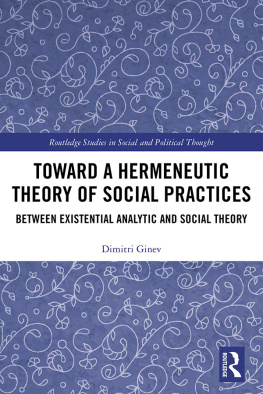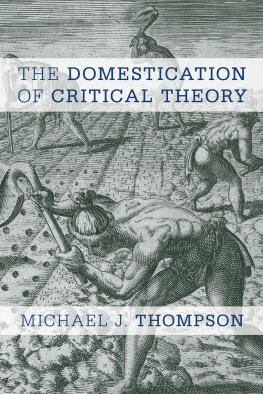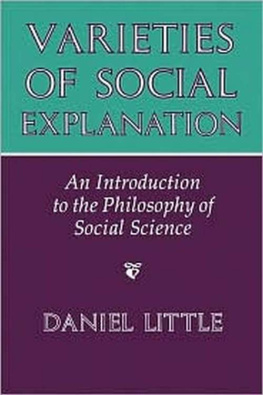James B. Wilbur - Value Theory in Philosophy and Social Science (RLE Social Theory)
Here you can read online James B. Wilbur - Value Theory in Philosophy and Social Science (RLE Social Theory) full text of the book (entire story) in english for free. Download pdf and epub, get meaning, cover and reviews about this ebook. year: 2014, publisher: Routledge, genre: Romance novel. Description of the work, (preface) as well as reviews are available. Best literature library LitArk.com created for fans of good reading and offers a wide selection of genres:
Romance novel
Science fiction
Adventure
Detective
Science
History
Home and family
Prose
Art
Politics
Computer
Non-fiction
Religion
Business
Children
Humor
Choose a favorite category and find really read worthwhile books. Enjoy immersion in the world of imagination, feel the emotions of the characters or learn something new for yourself, make an fascinating discovery.

- Book:Value Theory in Philosophy and Social Science (RLE Social Theory)
- Author:
- Publisher:Routledge
- Genre:
- Year:2014
- Rating:3 / 5
- Favourites:Add to favourites
- Your mark:
- 60
- 1
- 2
- 3
- 4
- 5
Value Theory in Philosophy and Social Science (RLE Social Theory): summary, description and annotation
We offer to read an annotation, description, summary or preface (depends on what the author of the book "Value Theory in Philosophy and Social Science (RLE Social Theory)" wrote himself). If you haven't found the necessary information about the book — write in the comments, we will try to find it.
James B. Wilbur: author's other books
Who wrote Value Theory in Philosophy and Social Science (RLE Social Theory)? Find out the surname, the name of the author of the book and a list of all author's works by series.
Value Theory in Philosophy and Social Science (RLE Social Theory) — read online for free the complete book (whole text) full work
Below is the text of the book, divided by pages. System saving the place of the last page read, allows you to conveniently read the book "Value Theory in Philosophy and Social Science (RLE Social Theory)" online for free, without having to search again every time where you left off. Put a bookmark, and you can go to the page where you finished reading at any time.
Font size:
Interval:
Bookmark:
SOCIAL THEORY
ERVIN LASZLO AND JAMES B. WILBUR

by Routledge
2 Park Square, Milton Park, Abingdon, Oxon, OX14 4RN
711 Third Avenue, New York, NY 10017
A catalogue record for this book is available from the British Library
eISBN: 978-1-315-76997-4 (Set)
ISBN: 978-1-138-78743-8 (Volume 90)
eISBN: 978-1-315-76317-0 (Volume 90)
The publisher has gone to great lengths to ensure the quality of this reprint but points out that some imperfections in the original copies may be apparent.
The publisher has made every effort to trace copyright holders and would welcome correspondence from those they have been unable to trace.
Philosophy
and
Social Science
ERVIN LASZLO
and
JAMES B. WILBUR
One Park Avenue
New York, N.Y. 10016
42 William IV Street
London W.C.2.
7 - 9 rue Emile Dubois
Paris 14e
Font size:
Interval:
Bookmark:
Similar books «Value Theory in Philosophy and Social Science (RLE Social Theory)»
Look at similar books to Value Theory in Philosophy and Social Science (RLE Social Theory). We have selected literature similar in name and meaning in the hope of providing readers with more options to find new, interesting, not yet read works.
Discussion, reviews of the book Value Theory in Philosophy and Social Science (RLE Social Theory) and just readers' own opinions. Leave your comments, write what you think about the work, its meaning or the main characters. Specify what exactly you liked and what you didn't like, and why you think so.



